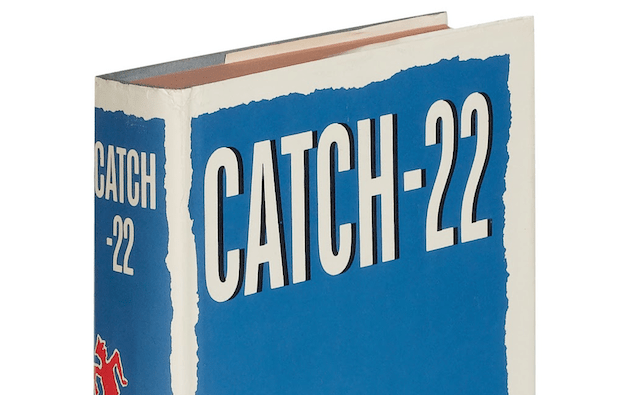Martin Amis compared Cervantes’ Don Quixote to ‘an indefinite visit from your most impossible senior relative, with all his pranks, dirty habits, unstoppable reminiscences, and terrible cronies’, while Kathryn Schulz, book critic for New York magazine, poured scorn on The Great Gatsby, describing it as ‘aesthetically overrated, psychologically vacant, and morally complacent’.
Cult contemporary bestsellers have also drawn contempt. In last year’s Spectator Books of the Year Thomas W. Hodgkinson recommended giving a wide berth to Paulo Coelho’s chart topper: ‘The Alchemist is surely the worst book I’ve read recently. The tale of a simple shepherd boy (ah, aren’t they all?) in search of enlightenment, it’s essentially a self-help book disguised as a novel. The fact it has achieved such phenomenal worldwide sales proves nothing except that most people don’t know the difference between good and bad.’
And it’s not just famous authors and literary critics who are in the business of slaughtering literary sacred cows. A recent post here on Culture House unleashed a tide of readers’ comments that put the boot into many so-called classics. The Catcher in the Rye was roundly denounced as the adolescent whinings of a spoilt brat, and readers were equally scathing about Moby-Dick and One Hundred Years of Solitude.
I lapped up Holden Caulfield’s angsty, narcissistic outpourings, perhaps because I was a depressed, self-obsessed 16-year-old when I read them. But I was beaten into submission by Moby-Dick’s 135 chapters of impenetrable Victorian prose, which I did battle with out of some misguided sense of obligation.
A quick poll among colleagues here at The Spectator has revealed that I am not alone in being left stone-cold by a literary ‘great’. Here is a selection of the books that have defeated us:
Fraser Nelson
Anna Karenina
Don’t believe the hype. It’s a turgid journey through the psyche of dull people. Takes a huge chunk of your life, and never really gets going.
Liz Anderson
Catch-22
This ‘amusing’ novel by Joseph Heller is my candidate: I could not have cared less if Captain John Yossarian and the other US airmen were able to return home or not. I was not amused.
Lucy Vickery
The God of Small Things
It’s hard to fess up when all around you are hailing it as a masterpiece, but I think Arundhati Roy’s Booker prize winner is horribly overwritten. I found myself bogged down by its excessive lushness and lyricism and irritated by the relentless barrage of metaphors. This is self-consciously flashy, creative-writing-class stuff. There are Far Too Many Capital Letters used to Flag Up Something Significant. And. too. many. short. sentences. by. half.
David Blackburn
Tender is the Night; Middlemarch
I’m 28; but, in literary terms, I’m still growing up. If I’m not enjoying a book, I give it up. Can I recommend people not to read a book that I have not finished? No. But I will say that no canonical book should be cast aside for ever. Enjoyment of a book depends to a great extent on the time and place in which it is read. Many of the books which I loved as an adolescent will never be reread. I fear that adulthood will cast Tender is the Night, for example, in unforgiving light. Conversely, there are books for which I’m not yet ready. I have tried and failed to read Middlemarch six times. There comes a point where I can take earnest Dorothea ‘Do-do’ Brooke no more. Sometimes I exceed my previous attempt. Sometimes I fall even shorter. Perhaps it’s time to try again.
Igor Toronyi-Lalic
Disgrace; The Hare With Amber Eyes
Once I’ve mentally thrown a book across the room, I forget almost everything about it. So with no reasoning – but a lot of hatred – I offer up J.M. Coetzee’s Disgrace and Edmund de Waal’s The Hare With Amber Eyes.
Those are our nominations; now over to you.






Comments